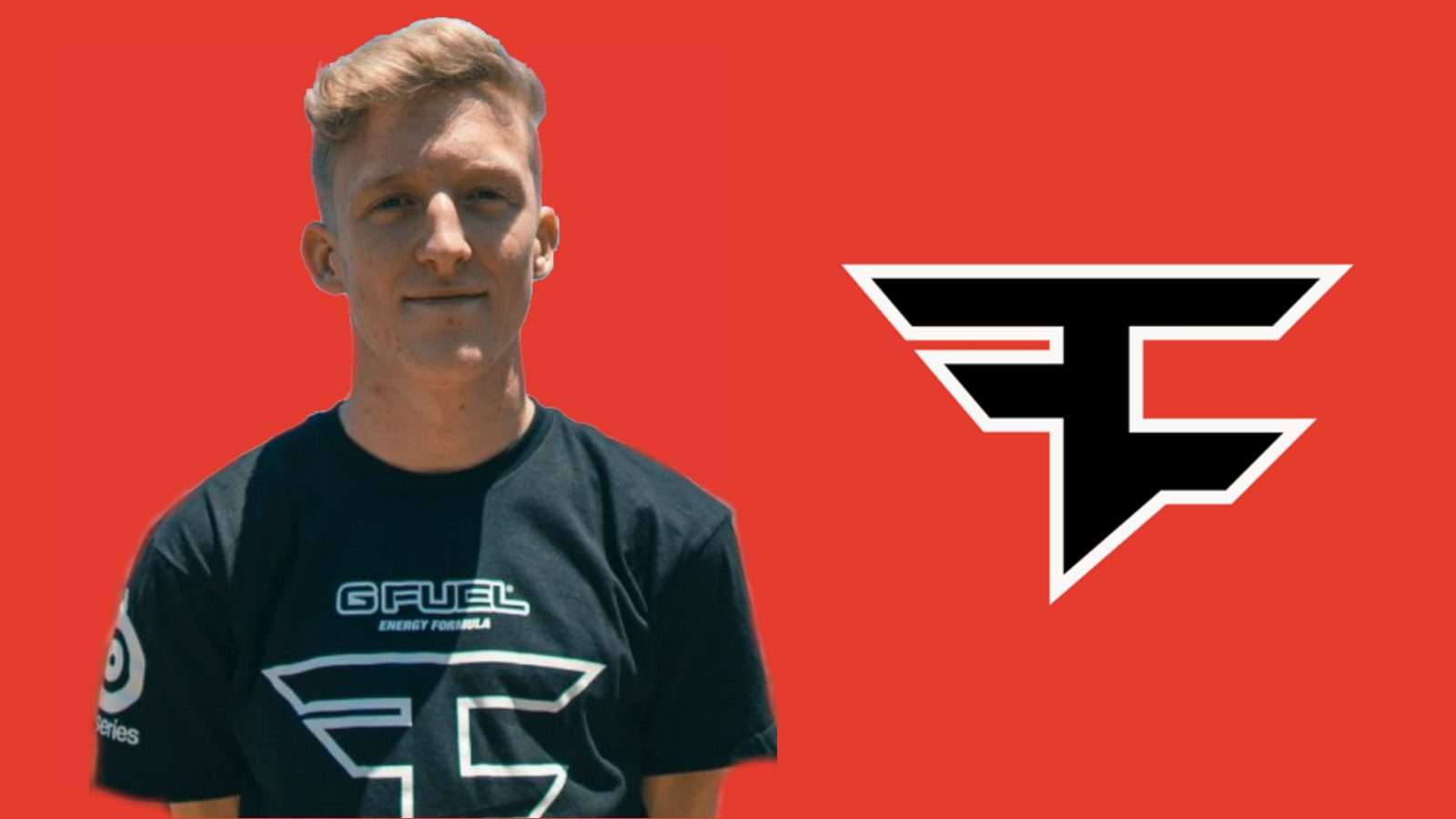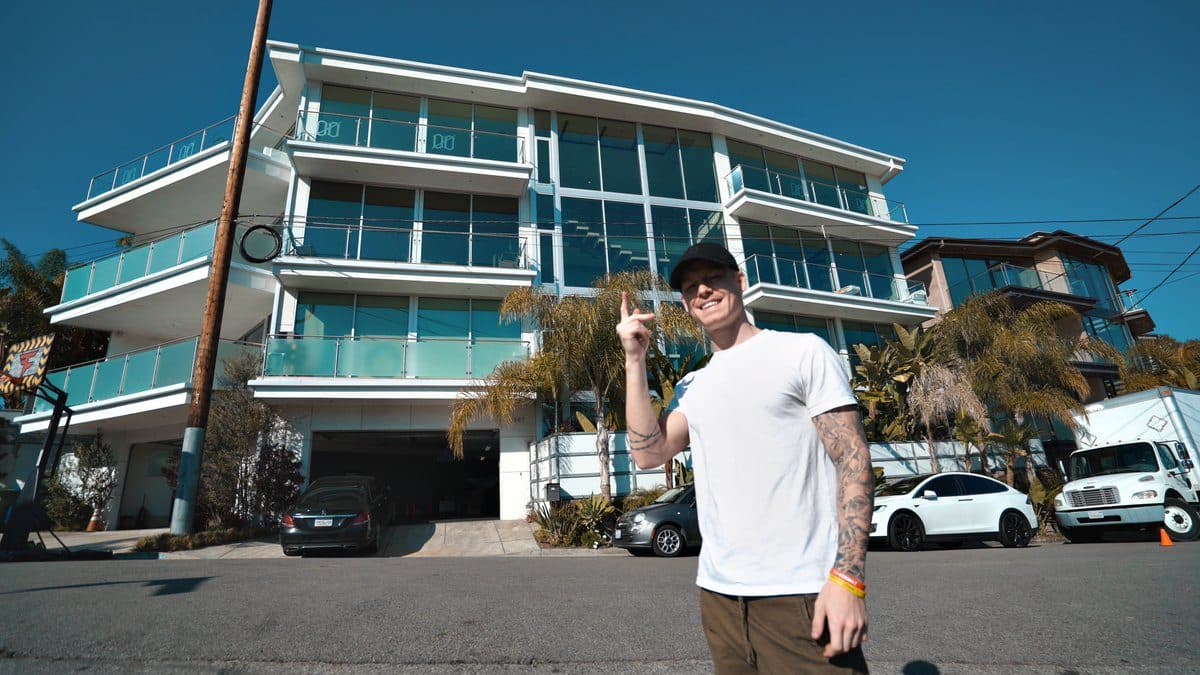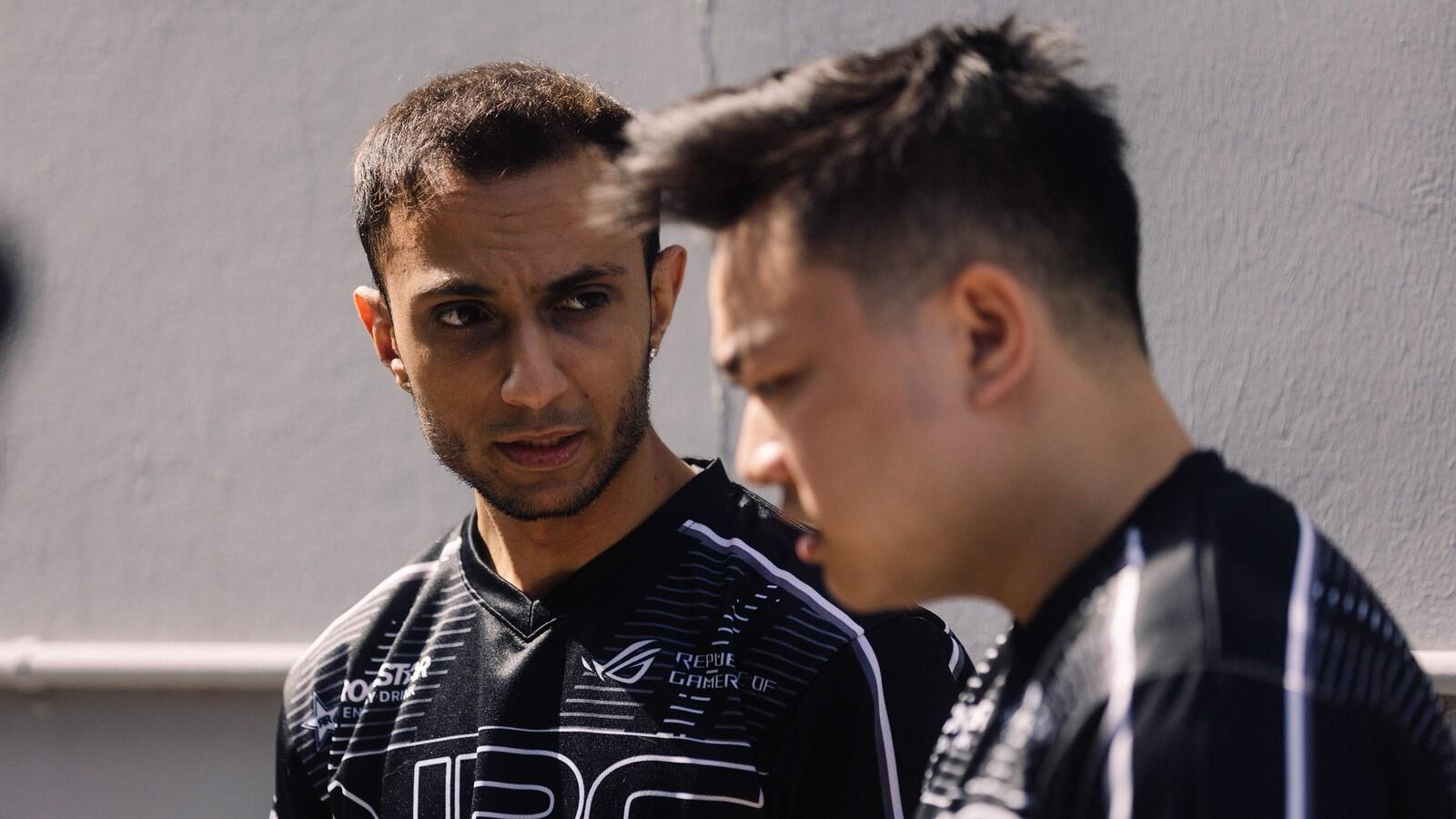FaZe Clan dispute California jurisdiction in Tfue case, file for dismissal

FaZe Clan’s legal team have filed a motion to dismiss their lawsuit with Turner ‘Tfue’ Tenney from the California court, arguing that New York is the correct jurisdiction for the case.
[ad name=”article1″]
On September 25, we reported that Tfue’s legal team had presented court statements from former FaZe employees that claimed that, to their knowledge, the business had no operational component in New York.
The contract that Tenney signed had stated that any arbitration or legal disputes had to be resolved in accordance with New York laws. If the case is to be heard in New York, this would mean that FaZe would avoid having to deal with California’s strict labor laws, especially those pertaining to acting as a talent agency.
In response, FaZe’s legal team have presented their reasoning as to why New York is a suitable jurisdiction, together with statements that contradict those presented by their former Fortnite player’s legal team
[ad name=”article2″]
In a motion to dismiss the case from the California court on the grounds of forum non conveniens – a discretionary power that enables a judge to dismiss or suspend a case if a more suitable court is appropriate and available – FaZe’s lead attorney Manny J. Caixero made many arguments as to why New York is the correct jurisdiction for the case.
The motion reads: “As Tenney knows, the parties” agreement that New York is the only appropriate venue for this dispute must be respected unless Tenney can meet his burden to prove that New York’s courts are unavailable or cannot accomplish substantial justice, or that there was “no rational basis” for selecting New York as the required venue.”
Caixero listed multiple reasons as to why New York is the appropriate court for this case, one of which included information that – contrary to statements presented to the court by former FaZe employees and Tenney himself – the company does maintain an active component of their business in New York. It was also argued that New York is a “neutral location” for the organization’s multinational line-up of talent.
 Tfue and FaZe’s legal teams are disputing the correct jurisdiction for the case.
Tfue and FaZe’s legal teams are disputing the correct jurisdiction for the case.Here are the full list of reasons, as presented by FaZe’s legal team:
- New York is a financial and business capital with a well-developed body of laws and is generally perceived as a neutral location among FaZe Clan’s gamers, many of whom are located throughout the country and world
- New York is important to the esports industry and FaZe Clan in particular, as evidenced by the fact that it recently hosted one of esports’ most prominent events, namely the Fortnite World Cup, held in New York City in July 2019, in which Tenney and several FaZe Clan Gamers competed
- FaZe Clan has been registered to do business in New York as a foreign (i.e.,Delaware) corporation – and has, indeed, conducted business in New York – since 2016, at which time it was headquartered in New York because one of its key sponsors was located in Plainview, New York
- At the time of the Gamer Agreement (April 2018), FaZe Clan maintained an office in New York for its New York based employees
- Several of FaZe Clan’s actual and prospective sponsors are located in New York
- FaZe Clan had maintained a property in New York, where some of its gamers lived and worked
- FaZe Clan has had, and continues to have, one or more full-time employees located in New York
- FaZe Clan’s transactional counsel at the time of the Gamer Agreement was based in New York
- New York’s courts are most familiar with the New York law that applies to the Gamer Agreement
- Tenney has always been a resident of Florida, not California; he provided a Florida address in the Gamer Agreement and there is no evidence that he has ever held a California driver’s license, acquired a permanent California mailing address, registered to vote in California, bought or leased real property in California, registered his vehicles in California or took any action consistent with becoming a permanent resident of – rather than a visitor to – California
- Nothing in the Gamer Agreement required Tenney to provide services within any specific location and most of Tenney’s services were provided from locations other than California, such as Tenney’s home in Florida
- Tenney’s media content was available nationwide and/or worldwide and his sponsorship deals were national and sometimes international in scope – they were not limited to California.
 FaZe Clan’s ‘Clout House’ is based in Los Angeles.
FaZe Clan’s ‘Clout House’ is based in Los Angeles.After presenting references to several cases that the legal team believe substantiate their claims the document concludes:
“For the foregoing reasons, FaZe Clan respectfully requests this Court dismiss this proceeding to permit Tenney to re-file his claims in New York. Alternatively, FaZe Clan respectfully requests that this Court stay all proceedings pending a final judgment in the pending case between the parties in the Southern District of New York.”
If the case were to be dismissed on the basis of it not falling within California jurisdiction it would be a significant blow to Tenney and his legal team. Earlier this year his lead attorney, Bryan J. Freeman, described FaZe attempting to file the case in New York as “an absolute gift” and claimed they only did so solely for the reason it would “allow them to violate California law.” By contrast, FaZe’s lawyers believe they have a significant enough argument that they are active enough in New York to warrant it being an appropriate venue to resolve this matter.
Even if a judge were to rule that California has no jurisdiction in this case, it wouldn’t necessarily be the end of the matter. Freedman has still presented multiple rationales as to why he and Tenney believe the contract could be invalid and a New York court would still have to review those issues. It would, however, almost certainly end any case to answer in regards to violating the laws around not having a talent agency license as New York’s laws are more lenient when compared to California’s.
Dexerto will keep you up to date with any new developments as the case proceeds.



